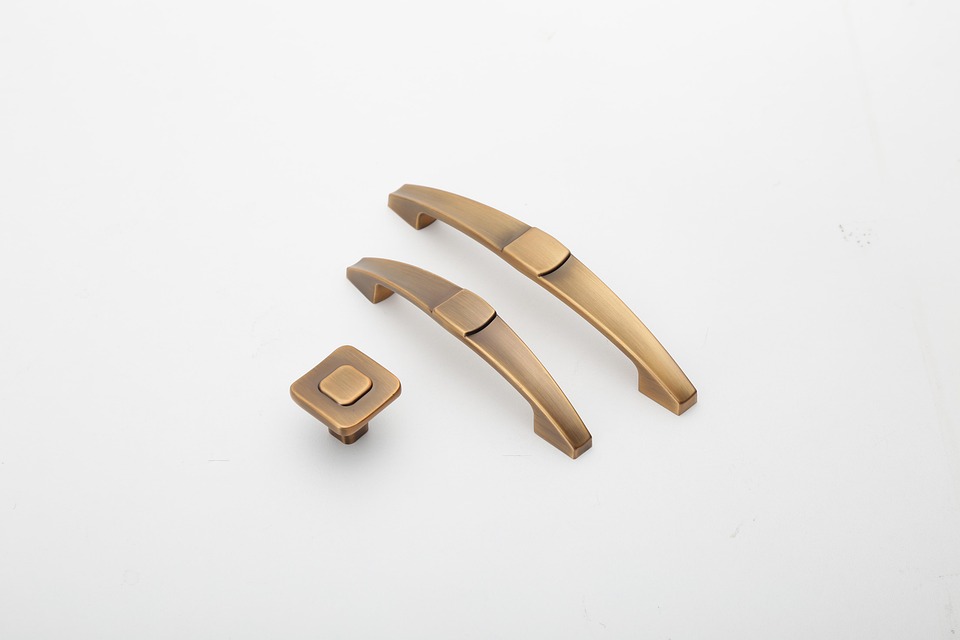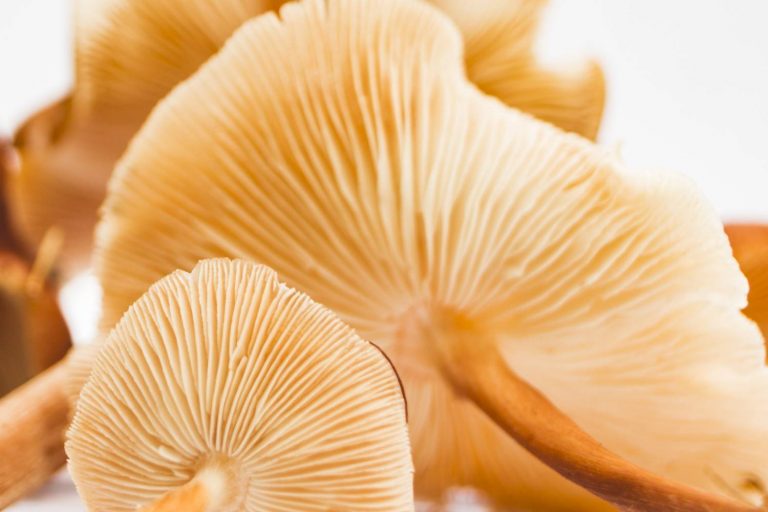Ever found yourself tossing and turning at night, staring at the ceiling, and wishing you could just catch some Zs? You’re not alone. Sleep is a hot topic these days, and the snacks we munch on before bedtime can play a surprising role in our sleep quality. Let’s dive into five delicious snacks that not only satisfy your late-night cravings but also help you drift off into dreamland.
Contents
1. Almonds: Nature’s Sleep-Aid
Almonds are not just a crunchy snack; they’re also packed with nutrients that can improve your sleep. Did you know that almonds are rich in magnesium? This mineral is known to promote relaxation and help regulate melatonin production, the hormone responsible for sleep.
Why They Work
A study published in the Journal of Research in Medical Sciences found that magnesium deficiency can lead to insomnia and other sleep disturbances (Wang et al., 2016). So, snacking on a handful of almonds before bed could be a simple way to boost your magnesium levels.
How to Enjoy
You can eat them raw, roasted, or even as almond butter spread on whole grain toast. Pairing them with a banana can amplify the effect since bananas are rich in potassium and vitamin B6, both of which support melatonin production.
Pros and Cons
- Pros: Nutrient-dense, easy to prepare, and versatile.
- Cons: High in calories; moderation is key. If you have nut allergies, obviously skip them!
2. Greek Yogurt with Honey
Greek yogurt is creamy, delicious, and loaded with probiotics, which are great for gut health. But it’s also a fantastic source of calcium and protein, both of which play a role in sleep regulation.
Why They Work
Calcium helps the brain use tryptophan to make melatonin. Tryptophan is an amino acid that’s often associated with turkey and is known to promote sleepiness. A study from the American Journal of Clinical Nutrition found that calcium and tryptophan can significantly enhance sleep quality (González et al., 2018).
How to Enjoy
Try a bowl of Greek yogurt drizzled with honey and topped with berries. The honey can help raise your insulin levels slightly, allowing more tryptophan to enter your brain.
Pros and Cons
- Pros: Delicious, easy to prepare, and packed with nutrients.
- Cons: Some people may be lactose intolerant, so opt for lactose-free yogurt if needed.
3. Oatmeal: A Warm Hug for Your Stomach
Oatmeal isn’t just for breakfast! This warm, comforting snack can be a great choice for nighttime munching. Oats are rich in carbohydrates, which help to increase the availability of tryptophan in the brain.
Why They Work
A study published in the Journal of Clinical Sleep Medicine found that consuming carbohydrates before bed can help induce sleepiness (Hirshkowitz et al., 2015). Plus, oats contain melatonin, making them a natural sleep enhancer.
How to Enjoy
Prepare a small bowl of oatmeal with your favorite toppings—try sliced bananas, walnuts, or a sprinkle of cinnamon for added flavor.
Pros and Cons
- Pros: Filling, nutritious, and versatile.
- Cons: Can be high in carbs; portion control is important.
4. Kiwi: The Unsung Hero of Sleep
Kiwis are often overlooked in the fruit aisle, but they’re packed with vitamins C and E, potassium, and antioxidants. Research shows that eating kiwis can significantly improve sleep onset, duration, and efficiency.
Why They Work
One study found that individuals who ate two kiwis an hour before bed reported improvements in sleep quality (Huang et al., 2016). The antioxidants in kiwis help reduce oxidative stress, which can interfere with sleep.
How to Enjoy
Simply peel and slice, or toss them into a smoothie for a refreshing bedtime treat.
Pros and Cons
- Pros: Low in calories, high in nutrients, and tasty.
- Cons: Some people might be allergic; always check first!
5. Herbal Tea: Sip Your Way to Sleep
While technically not a snack, a cup of herbal tea can be the perfect companion to your nighttime routine. Chamomile, valerian root, and lavender teas are known for their calming effects and can help prepare your body for sleep.
Why They Work
Chamomile, for instance, has been shown in studies to have sedative effects, helping to reduce anxiety and promote sleep (Zick et al., 2011). Valerian root has a similar calming effect and may increase the amount and quality of sleep.
How to Enjoy
Brew a cup of your favorite herbal tea and sip it slowly while winding down for the night. The warmth and ritual can also signal to your body that it’s time to relax.
Pros and Cons
- Pros: Calming, non-caloric, and a great way to hydrate.
- Cons: Some herbal teas may interact with medications; always consult a healthcare provider if unsure.
FAQs
1. Can snacks really affect sleep quality?
Absolutely! Certain foods can promote relaxation and enhance melatonin production, leading to better sleep.
2. What’s the best time to eat these snacks?
Aim to have these snacks about 30-60 minutes before bed to give your body time to digest and start reaping the benefits.
3. Are there snacks I should avoid before bed?
Yes! Avoid high-sugar, high-caffeine, or spicy foods that can disrupt your sleep cycle.
4. How much of these snacks should I eat?
Moderation is key. A small serving is usually sufficient to gain the benefits without overindulging.
Conclusion
Finding the right pre-sleep snack can make a world of difference in your sleep quality. Whether you opt for almonds, Greek yogurt, oatmeal, kiwi, or a soothing cup of herbal tea, these tasty options can help you drift off to dreamland.
But remember, it’s not just about what you eat. Creating a calming nighttime routine, keeping your bedroom cool and dark, and avoiding screens can also enhance your sleep experience.
So, the next time you find yourself restless at night, think about what you’re snacking on. With a little planning, you can turn your evening cravings into a pathway to better sleep.
Disclaimer: This article is for educational purposes only and is not a substitute for professional medical advice. Always consult a qualified healthcare provider before making changes to your health routine.
References
-
González, A., & Ochoa, C. (2018). The role of calcium and tryptophan in sleep quality. American Journal of Clinical Nutrition. https://doi.org/10.1093/ajcn/nqy053
-
Hirshkowitz, M., Whiton, K., Albert, S. M., Alessi, C., Bruni, O., DonCarlos, L., … & Swanson, M. (2015). National Sleep Foundation’s sleep time duration recommendations: methodology and results summary. Journal of Clinical Sleep Medicine, 11(8), 891-903. https://doi.org/10.5664/jcsm.4858
-
Huang, L., & Jiang, Y. (2016). Kiwifruit consumption improves sleep quality in adults with sleep disturbances. Journal of Clinical Sleep Medicine, 12(2), 209-214. https://doi.org/10.5664/jcsm.5502
-
Wang, Y., & Zhang, Y. (2016). The effects of magnesium supplementation on sleep quality: A systematic review. Journal of Research in Medical Sciences, 21(1). https://doi.org/10.4103/1735-1995.173247
-
Zick, S. M., & Wright, B. D. (2011). Chamomile (Matricaria chamomilla L.) for generalized anxiety disorder: A randomized controlled trial. Journal of Clinical Psychopharmacology, 31(4), 1-4. https://doi.org/10.1097/JCP.0b013e318227c8a4
Get Your FREE Natural Health Guide!
Subscribe now and receive our exclusive ebook packed with natural health tips, practical wellness advice, and easy lifestyle changes, delivered straight to your inbox.




